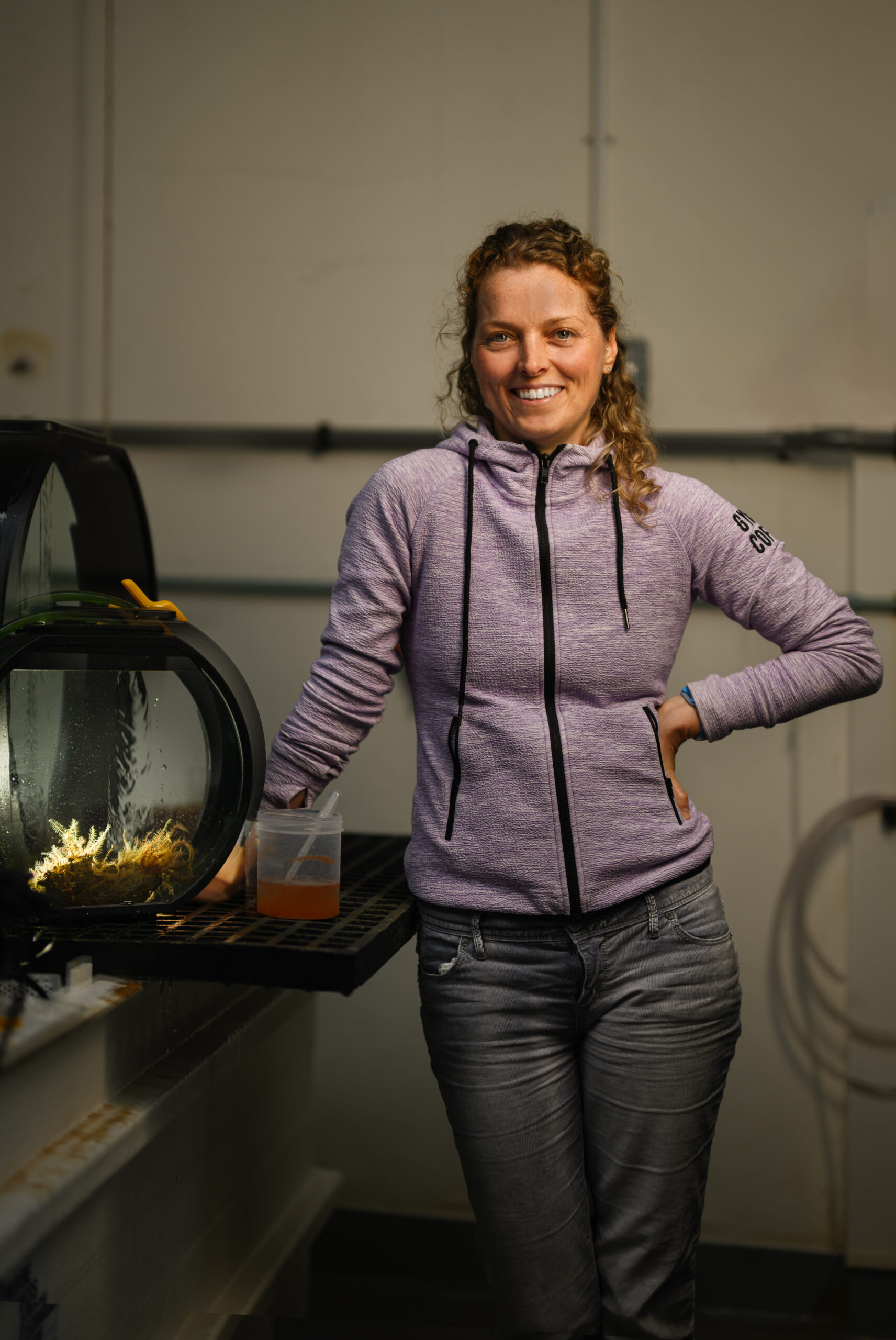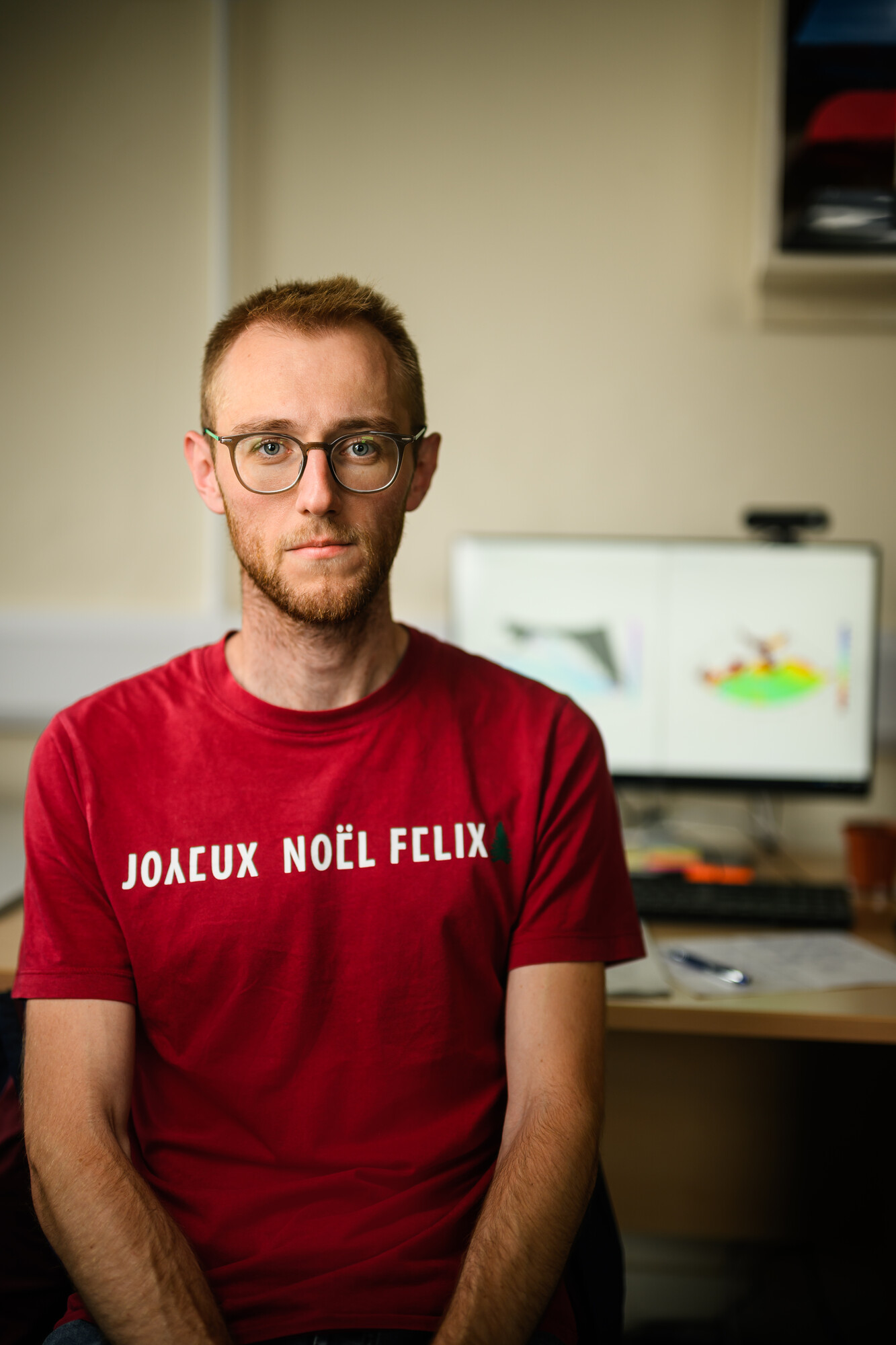I am a marine scientist who specializes in the ecology of deep-water (mesophotic to deep sea) biodiversity, with a prominent interest in echinoderms and fascination for crinoids, from extant to extinct forms. I leverage my unique field-based skills to study benthic communities, from communities to cells, along extreme depth gradients, as well as in the lab, in mesocosms. Over the past decade, I have led expeditions in some of the deepest, most remote and unknown corners of our oceans using deep-diving technologies, including robots to technical SCUBA diving, and have had the pleasure of discovering and describing entire habitats, new species and their interactions, as well as successfully maintained crinoids in captivity long-term. I am actively involved in various committees and working groups, including the IUCN SSC Marine Star Specialist group, Mesophotic.org, and Deep Ocean Stewardship Institute’s Challenger 150, which focus on advancing echinoderm and marine biodiversity research in deep waters.
I am passionate about sharing my ocean discoveries and scientific knowledge with the broader community, as I firmly believe in the transformative potential of grassroots, community-driven initiatives. For this reason, I co-lead the Wild Postgard Project to bring biodiversity into people’s lives in unexpected, magical, and thought-provoking ways – to spark compassion and ignite the urge to safeguard nature.
Research Group: Deep water Benthic Ecology and Crinoid Biology



